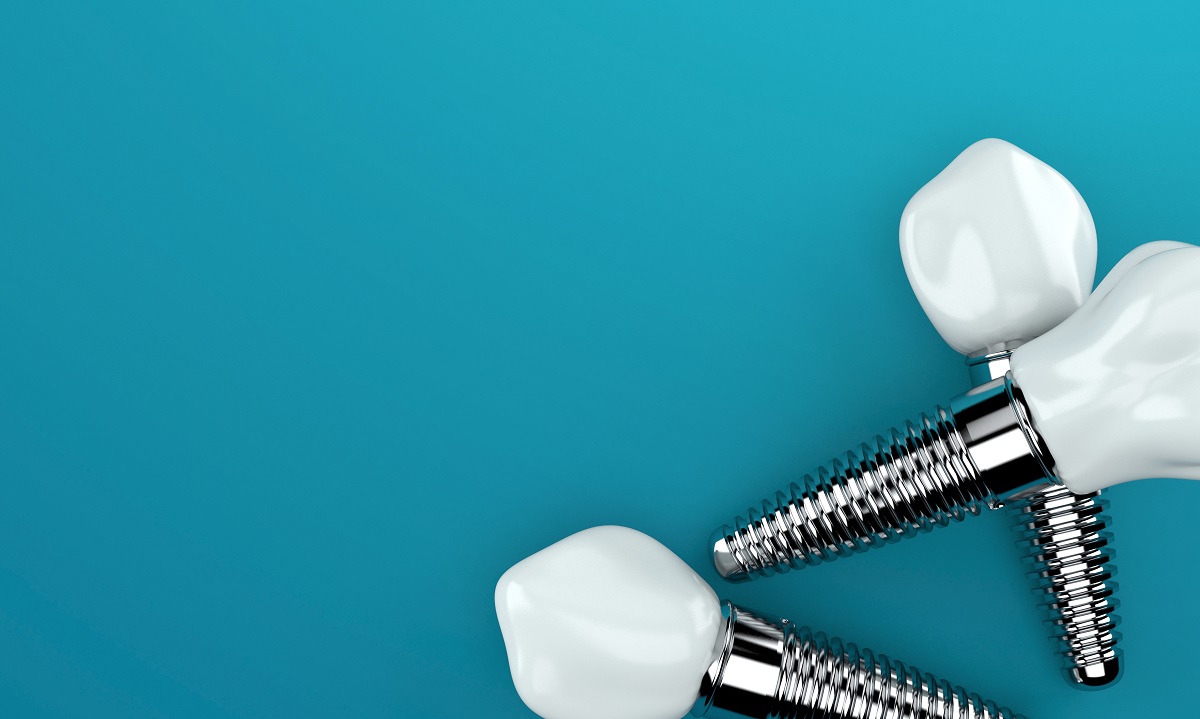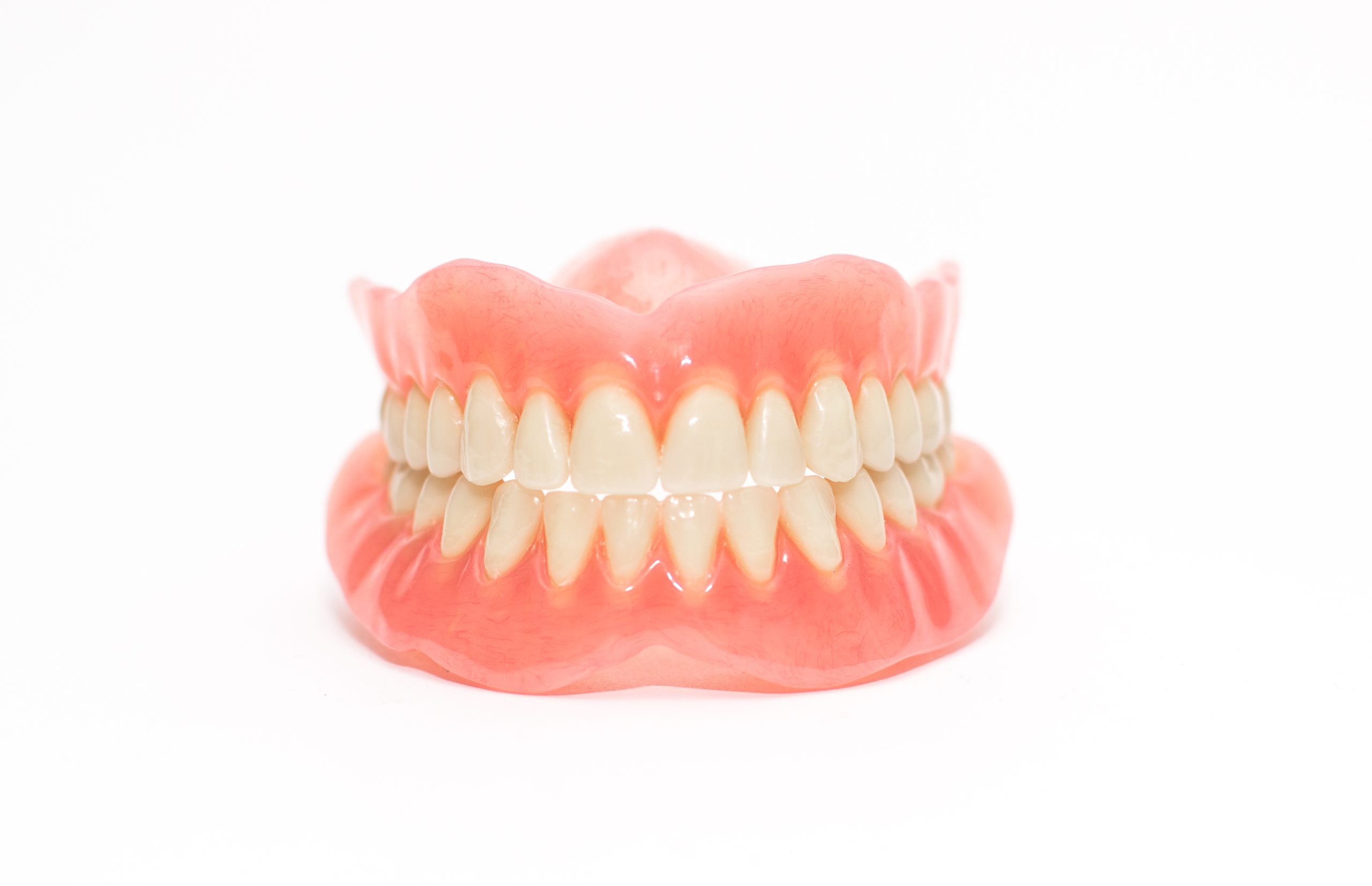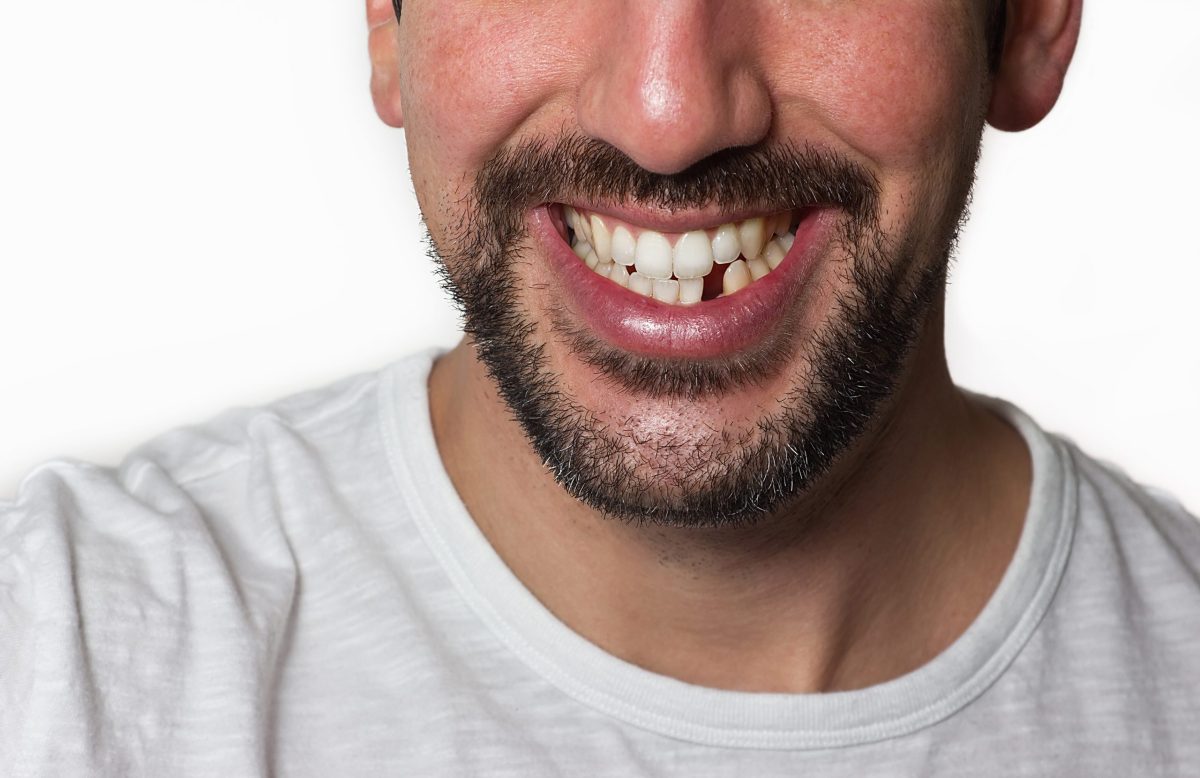- Communicating effectively with a dentist when addressing adult tooth loss is important.
- Dental implants are a great way to enhance oral health and regain confidence in your smile. They look like natural teeth and can last for a long time.
- Other effective options for improving the appearance of a smile and replacing missing teeth include using crowns, veneers, and bridges.
- For adults who are missing teeth, removable prosthetics are a good option. To help them last longer, cleaning and sanitizing them regularly is important.
Having missing teeth can be a source of embarrassment and insecurity for adults. Fortunately, several solutions are available to help restore the appearance of your smile and give you back your confidence. This article will explore some of the best tips for those facing this issue to find the right solution for their needs.
Talk to a Dentist
Proper communication with a dentist is crucial when dealing with missing teeth for adults. Expressing concerns and listening to the dentist’s advice is important to develop the best action plan. Dentists have extensive knowledge and experience in oral health and can provide valuable insight into the underlying causes of missing teeth.
Through proactive communication and trust, patients can feel confident they are making an informed decision about their oral health. As with any medical concern, listening to the professional advice given by a dentist will ensure the best possible outcome.
Research Various High-Quality Tooth Replacement Options
Researching various high-quality tooth replacement options is a great way to get started on restoring your smile. Here are some tips to help you out:
Consider Dental Implants

Dental implants are often recommended as a viable option when dealing with missing teeth in adults. A dental implant is a surgical component implanted into the jawbone and anchors a prosthetic tooth. It’s important to properly consider dental implants when dealing with missing teeth for several reasons.
Firstly, missing teeth can greatly impact the quality of life, affecting speech and the ability to properly chew food. Additionally, they can cause bone loss and increase the risk of gum disease. Dental implants offer a natural-looking, long-lasting solution that can improve oral health and restore confidence in one’s smile. Properly considering dental implants involves consulting with a qualified dental professional who can evaluate your specific needs and provide personalized treatment options.
Invest in Crowns, Veneers, or Bridges

Investing in crowns, veneers, or bridges is crucial for adults with missing teeth. These dental solutions are instrumental in restoring the aesthetics and functionality of a person’s smile. A crown is a dental cap covering a damaged tooth while a veneer is a thin layer of porcelain bonded to a tooth’s front surface to improve its appearance.
A bridge, on the other hand, is a structure that replaces one or more missing teeth by attaching artificial teeth to adjacent healthy teeth. Proper investment involves:
- Finding the right dentist with experience in restorative dentistry.
- Understanding the cost implications.
- Researching the available options to identify the most suitable solution.
Utilize Removable Prosthetics
Removable prosthetics are an effective solution for adults with missing teeth. They are custom-made dental appliances that can be easily removed, cleaned, and replaced. Removable prosthetics offer various benefits such as improved speech and chewing ability, prevention of further bone loss, and long-lasting durability.
Proper utilization of these prosthetics requires regular cleaning and sanitizing to avoid bacterial build-up and damage from food particles. Additionally, it is crucial to follow instructions from dental professionals on properly wearing them to prevent discomfort or other oral health issues. Therefore, consulting a dental practitioner for guidance on removable prosthetics is essential to ensure longevity and optimize oral health.
Take Care of Your Teeth
Taking care of your teeth is key to maintaining your smile’s appearance and oral health. Consider these tips:
Consider Regular Tooth Maintenance
When it comes to tooth maintenance for adults with missing teeth, it’s crucial to establish a routine that covers both the remaining teeth and any prosthetics or bridges. Those with missing teeth often overlook regular maintenance, but it’s vital to maintaining oral health.
This involves brushing twice daily, flossing regularly, and using mouthwash to keep the mouth and gums clean. For those with prosthetics, maintaining them with a specific cleaning solution is important as this helps prevent the accumulation of bacteria and plaque.
Poor maintenance can lead to further tooth loss or other dental complications. Regular tooth maintenance is key to keeping the remaining teeth strong and healthy and ensuring a happy smile.
Follow Up With Your Dentist Regularly
Regularly following up with a dentist is vital, especially when dealing with missing teeth. A dental check-up is a routine examination that helps to maintain good oral health and catch potential issues early. During these visits, a dentist can check for gum disease and cavities and assess any previous dental work.
These appointments are particularly important for adults with missing teeth because they allow the dentist to monitor the remaining teeth’ health and recommend appropriate treatment. In some cases, missing teeth can cause complications or further dental problems. Regular visits to the dentist can help ensure that these issues are caught early and addressed promptly.
These are just a few tips for adults looking to replace their missing teeth and restore the appearance of their smile. To make the best decision for your needs, it’s crucial to thoroughly evaluate every option and seek guidance from a certified dental professional.




